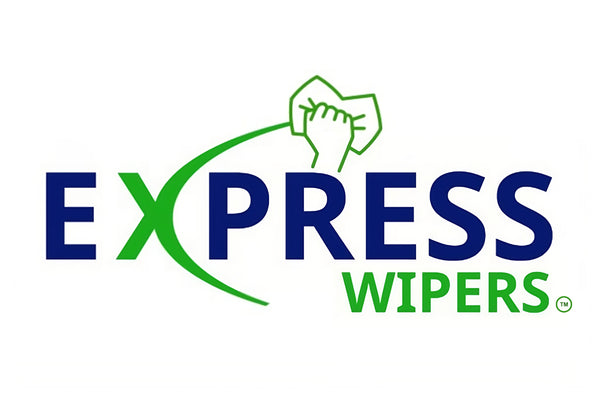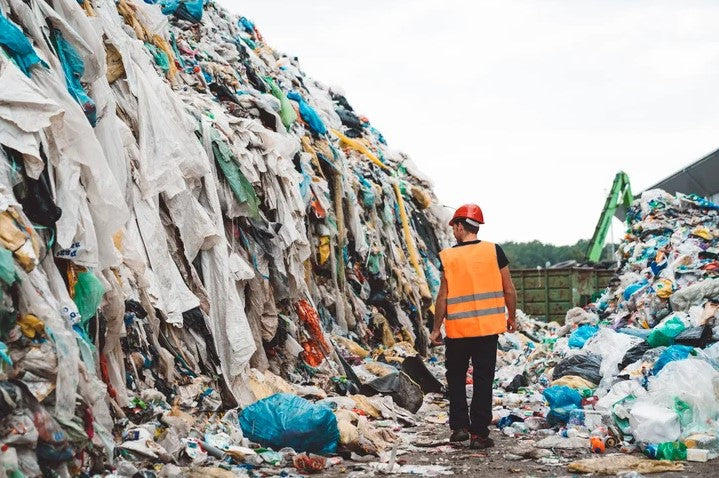In the ever-evolving landscape of agriculture, the quest for sustainable practices has become more imperative than ever. One often overlooked but highly impactful avenue for sustainable farming lies in the use of recycled cleaning rags. In this blog post, we will explore the myriad benefits of integrating recycled cleaning rags into agricultural practices, examining their applications, usage methods, and the compelling cost-effectiveness they bring to the table.
Environmental Impact
Agriculture has a substantial ecological footprint, and embracing sustainable practices is crucial for the health of our planet. Recycled cleaning rags offer a compelling solution by repurposing materials that would otherwise contribute to landfills. By diverting waste from disposal sites, farmers can contribute to a more circular economy, reducing the demand for raw materials and curbing the environmental impact of production.

Versatility in Applications
Recycled cleaning rags prove to be versatile assets in various aspects of agriculture. From wiping down equipment to cleaning and maintaining workspaces, these rags excel in multiple applications. The absorbent nature of the rags makes them ideal for cleaning surfaces, machinery, and even as a tool for spill containment. This versatility ensures that they become invaluable assets on the farm. The ideal product for cleaning surfaces and machinery are our Lint-Free White Sheeting Cleaning Rags.

Reduced Dependency on Single-Use Products
The agricultural sector often relies on single-use items for cleaning and maintenance. By adopting recycled cleaning rags, farmers can significantly reduce their dependence on disposable products. This shift not only minimizes waste but also helps cut down on the costs associated with constantly purchasing new cleaning materials. The rags can be washed and reused multiple times, providing a sustainable alternative to single-use options.
Soil Health and Crop Protection
Maintaining soil health is paramount in agriculture, and recycled cleaning rags play a role in this aspect as well. These rags can be effectively used to control weed growth by acting as mulch around plants. The recycled materials, when spread around the base of crops, create a barrier against weeds, conserving soil moisture and reducing the need for herbicides. This natural weed control method promotes a healthier, more sustainable farming environment.

Cost-Effective Solution
The financial implications of farming are always a significant consideration. Recycled cleaning rags offer a cost-effective solution by providing a reusable alternative to disposable cleaning products. While the initial investment may involve procuring the rags and implementing a washing system, the long-term savings are substantial. Reduced spending on disposable items and potential savings on weed control measures contribute to a more sustainable bottom line for farmers. We provide bales of 8kg for Towels and 10kg for Sheeting at around £20 per bale. Our 10kg of sheeting contains approximately 180-200 reusable and washable wipers in a single bale, and are shipped in a squeeze-packed bale for convenient storage.
Community and Consumer Perception
Sustainable farming practices resonate well with modern consumers who increasingly prioritize eco-friendly products. Adopting recycled cleaning rags not only aligns with these values but also enhances the image of the agricultural operation. It signals a commitment to responsible practices, fostering positive relationships with environmentally conscious consumers and communities.

In the quest for a more sustainable future, every sector must contribute to minimizing its environmental impact, and agriculture is no exception. Recycled cleaning rags emerge as a simple yet effective tool for farmers to enhance sustainability on their farms. From reducing waste to providing cost-effective solutions, the benefits of integrating recycled cleaning rags into agricultural practices are clear. By embracing these eco-friendly alternatives, farmers can cultivate a greener, more resilient future for agriculture.

